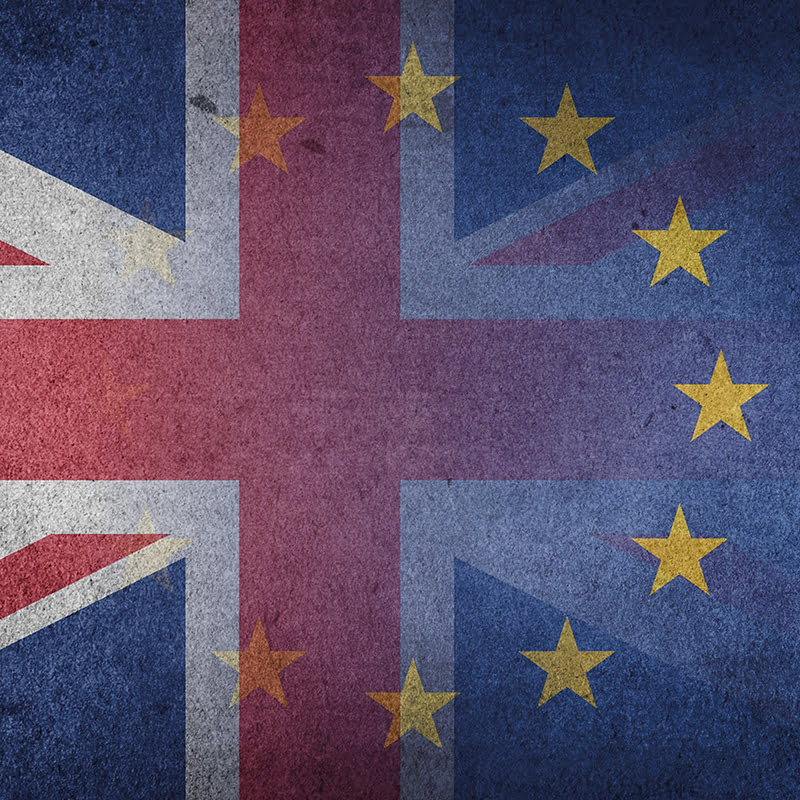With just five months until Brexit (and 20 months until the end of the transition period), owner managers will be taking stock of the situation and preparing for both outcomes.
As members of the Kreston International network of accountants - the 12th largest network in the world - we are committed to working with our clients to prepare them for the worst, but hope for the best.
The first thing for any business to consider is what exposure their customers have to Brexit. If a company thrives from selling its products overseas or if their business is to sell to other companies or individuals who do, then it's important to work out what the consequences might be.
Secondly, what are the risks in the supply chain? Does your company import products or materials from the EU or other countries and could those supplies become more expensive or more difficult to purchase following a no deal Brexit?
There have been many warnings issued by the government, advising businesses to stockpile products and resources in case of disruption following Brexit. While many have been quick to call such advice alarmist, I would say that this is prudent. It doesn't take a lot for queues to cause delays and supply chain problems. Take Dover and Calais as an example where we have seen 'operation stack' cause disruption in the past. If similar delays occur at docks, airports and shipping yards as people and processes adjust to new practises after Brexit, stocks might very quickly run short. This is particularly important for businesses that operate on a just-in-time model, where even short delays and stock shortages could be catastrophic. While not every business is able to stockpile products, others would do well to be prepared in this way. After all, how many days, weeks or months could your business last if you stopped receiving the shipments you need?
People are the lifeblood of any business, and after 45 years of free movement, EU nationals form an important part of the UK's workforce. Although pledges have been made to maintain the rights of EU nationals already in the UK, this is by no means certain and could have an impact on the availability of potential employees. Even if these rights remain, net migration from Europe is already decreasing as more EU nationals have decided to leave the UK and fewer are deciding to come in. This could mean EU nationals within your company leaving too, potentially leading to staff and skills shortages. Companies that depend on seasonal workers may be the most severely affected by a reduction in migration from the EU as the people that they rely on may not choose to come to Britain for seasonal work in the same numbers as before. Therefore, it's well worth assessing now where the risks might lie for your business and identifying ways you may overcome any difficulties you encounter.
One of the most important parts of the EU has been the shared and harmonised standards and regulations which aim to provide a level playing field and all but eliminate the need for companies to adapt, remodel or rebuild products to be sold in other countries. It's worth considering what could happen to your business if key regulations were to change in the UK or the EU.
When a company is facing major changes, big decisions need to be made. These decisions can only be made when you have a full and accurate understanding of the situation and of your business. Therefore it's important to take a look at your management information system. Do you have all the information you need at your fingertips and is this information accurate and up to date? Can you access it easily when you need it? Making well informed decisions is impossible unless you are well informed, so this important step cannot be overlooked.
Lastly, it's important to undertake a stress test: What is the worst case scenario and could your business survive it? Could your business cope if deliveries stopped or if tariffs increased? What if you couldn't get the staff you depend on? It's important to ask yourself 'what if' so you can be prepared for what might happen.
As we head toward Brexit, no one can predict the environment your business will be facing, but if you take these steps now, you can be more prepared for whatever might happen.


